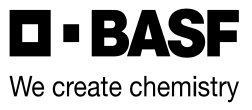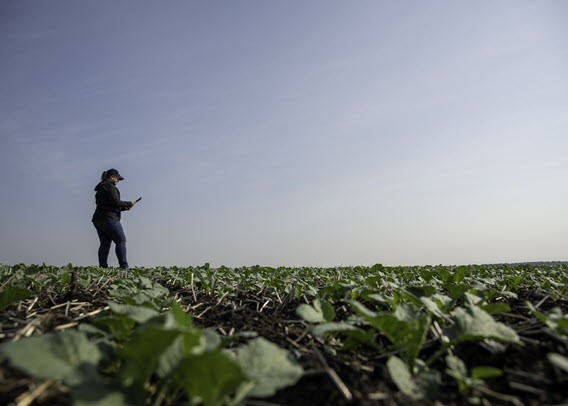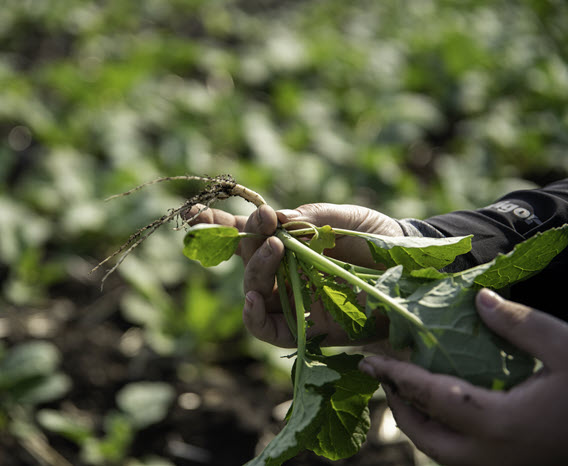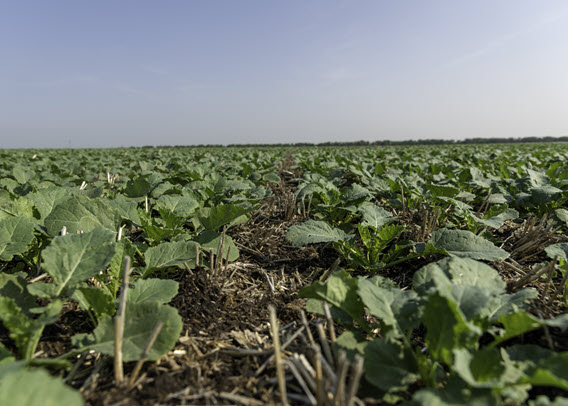What is the Liberty & Trait Agreement?
The Liberty & Trait Agreement (LTA) is a contract between BASF and a grower customer which grants the grower a limited license to possess and use certain innovative seed and trait technologies which include LibertyLink® certified canola seed, LibertyLink certified soybean seed and Liberty® herbicide. In addition, the LTA outlines certain stewardship recommendations growers are asked to consider and requirements growers must follow when using LibertyLink seed and trait technologies.
LTA basic facts.
- Growers must sign the LTA prior to their first purchase of LibertyLink seed and trait technologies
- The LTA remains valid from the date of sign-up until the grower or BASF terminates the LTA
- Growers signing the LTA agree to use these products in accordance with certain terms and conditions, which include but are not limited to:
- Seed can only be used by the grower to plant one commercial crop in Canada and the harvest from that crop can only be sold into the commercial grain system;
- Growers are not permitted to plant or grow a crop from the harvested grain, nor use the crop, grain or these products for breeding or research;
- Consider stewardship recommendations provided by BASF and adhere to all stewardship requirements when using LibertyLink seed and trait technology;
- Read and follow all LibertyLink seed and Liberty herbicide labels;
- Growers signing the LTA consent to the use of transactional information to assist in the administration and enforcement of the LTA. This includes procedures for monitoring and safeguarding the intellectual property of BASF, such as audit rights
Responsible stewardship of seed and trait products
At BASF, innovation is one of our core strategic pillars for success. With our innovation-based strategy in agriculture, we put growers’ needs at the center of everything we do. We’re committed to investing in and delivering leading crop protection and seed and trait technology to growers in Western Canada to enhance productivity and profitability in a sustainable and responsible manner.
BASF is committed to the responsible delivery of seed and trait products to Canadian growers. This includes meeting all regulatory requirements and implementing industry stewardship best practices outlined by Excellence Through Stewardship® (ETS) and CropLife Canada.* ETS is a global organization that promotes the adoption of product stewardship programs and quality management systems for the full life cycle of agricultural biotechnology products. BASF products are commercialized in accordance with ETS guidelines.
Purchasers of BASF seed and trait products also play a key role in stewarding the technology which in turn supports the integrity and durability of the products
and safeguards market access for Canadian crops. Here are some examples:
- BASF works with regulatory agencies domestically and in key export markets so that the necessary authorizations are in place and maintained for open access to export markets for Canadian crops. Growers can do their part by growing registered varieties. This is important because it helps Canadian grain exports meet export customer requirements for biotech traits. For more information on canola varieties that have been deregistered please visit keepitclean.ca.
- Farm-saved seed or bin-run seed grown from a hybrid segregates genetically. This means that the farm-saved/bin-run seed may not provide the same level of disease resistance, vigor, yield and end-use quality as certified seed of the hybrid. Growing certified hybrid seed is essential because it helps Canadian crops meet customers’ domestic and export requirements for disease and quality.
- Herbicide-resistant weeds are an increasing problem for Canadian growers. A recent survey shows that one out of five Canadian growers are affected by herbicide-resistant weeds.1 To maintain the long-term benefits and effectiveness of the LibertyLink herbicide system, BASF recommends following CropLife Canada’s Manage Resistance Now best management practices.
*Excellence Through Stewardship® is a registered trademark of Excellence Through Stewardship.




